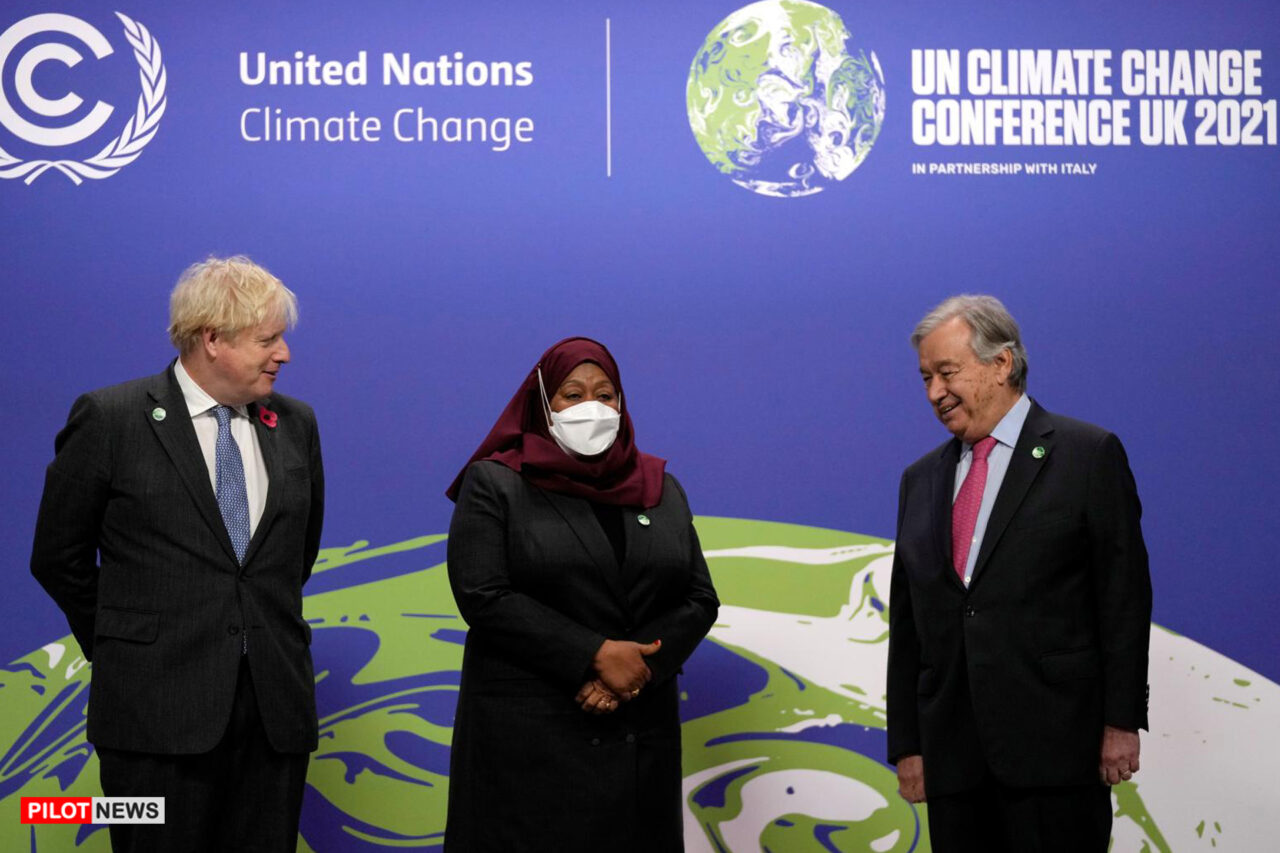By Michelle Gavin, Guest columnist and blogger
As the world debates the successes, failures, and omissions of the UN Climate Change Conference (COP26) in Glasgow, one inescapable conclusion is that Africa’s needs should be elevated on the global climate agenda. African leaders went into the conference with a clear agenda about the urgency of support for adaptation, the centrality of expanding access to power for Africans, and the overall need for partnering with African states on equal footing if the world is to have a realistic hope of saving itself. Major emitters, including the United States, should be crafting sustained responses and integrating climate priorities more effectively into the U.S.-Africa policy agenda in order to drive more meaningful progress by COP27, to be held in Egypt next year.
It is often noted that Africa, despite having contributed little to climate change—carbon dioxide emissions from sub-Saharan Africa account for less than 3 percent of the cumulative global total—is bearing the brunt of its consequences. A glance at the news from the continent bears this out: drought is pushing northern Kenyan communities to the brink; thousands of coastal residents in Ghana were displaced by surging tides; and South Africa is attempting to restore the natural ecology of the mountains in and around Cape Town to avoid a repeat of 2018’s dire water shortage. The costs of adaptation measures will only rise over time, but year after year wealthy countries have disbursed only a fraction of what they have pledged to help Africa with adaptation.
At the same time, energy poverty in Africa remains a critical issue. Current demographic and economic trends predict that the problem will get worse over the next ten years. No realistic climate agenda can expect Africans to forego the opportunities inextricably linked to access to power. The notion that renewable energy alone can respond to urgent African needs is wishful thinking, but so too is the idea that a genuine transition strategy for growing African economies will materialize without more thoughtful coordination and financing support.
- Anambra 2025 Governorship Election Might Be an Open Contest - April 24, 2024
- Anambra Assembly Passes Bill To Prohibit Secret Cults - April 24, 2024
- 2024 Aguata NBA Law Week: AG, Prof. Ifemeje Touts Landmarks and Expectations - April 19, 2024


